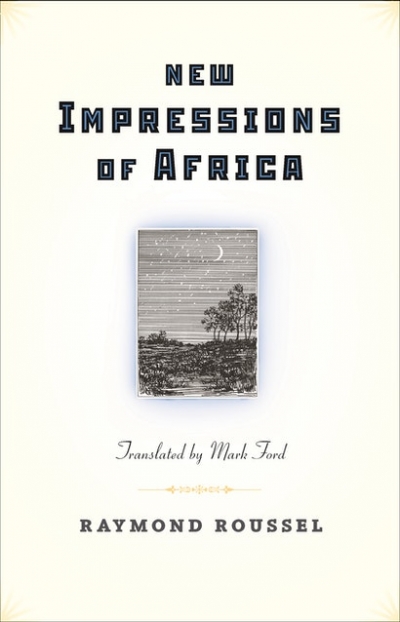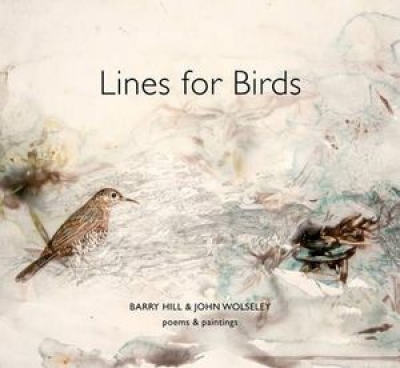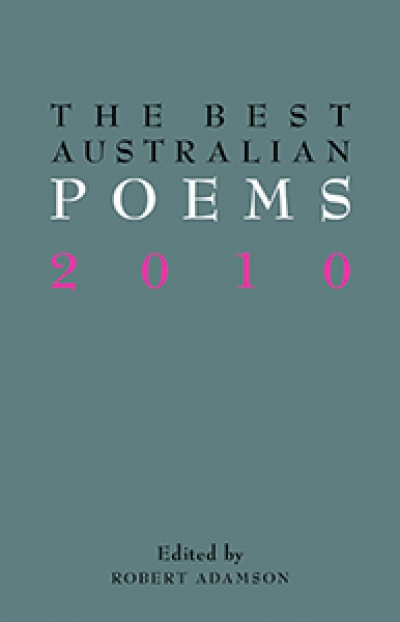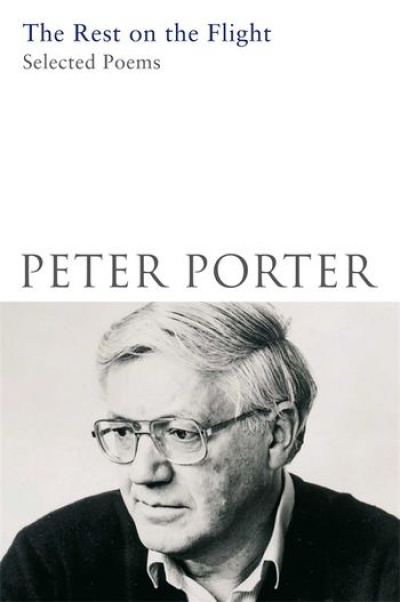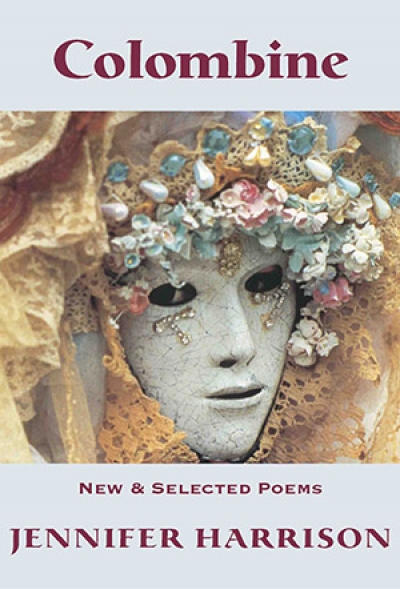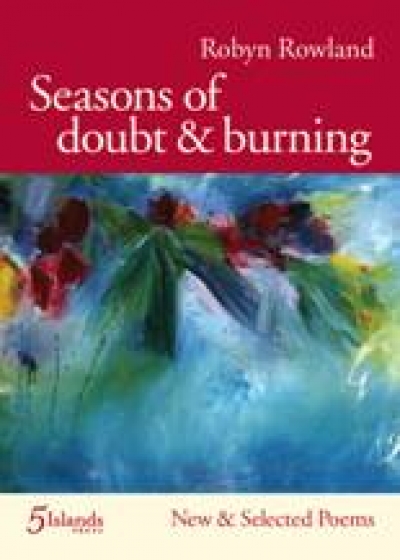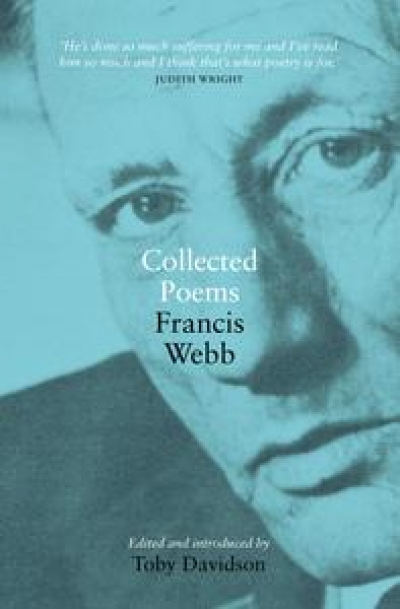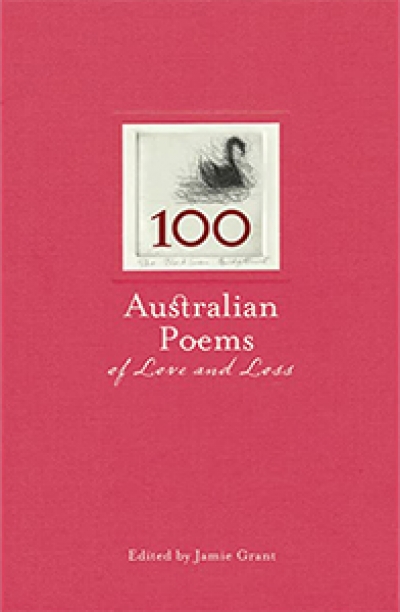Poetry
'Hautes Fenêtres: Thoughts on the place of translation in recent Australian poetry' by Simon West
In a 1995 interview for the Paris Review, Ted Hughes was asked if the 1960s boom in translated poetry, particularly with series such as the Penguin Modern European Poets, had influenced poetry written in England. ‘Has it modified the British tradition!’ he replied. ‘Everything is now completely open, every approach, with infinite possibilities. Obviou ...
New Impressions of Africa: Nouvelles Impressions d’Afrique by Raymond Roussel, translated by Mark Ford
Like all of his earlier books, Raymond Roussel’s final work, New Impressions of Africa, published in 1932, was printed at his personal expense, and only after he was satisfied that the poem was as good as possible. He claimed that each line took fifteen hours to compose. Roussel wanted his work to have enduring importance, and wrote a book entitled How I Wrote Certain of My Books to help readers who might otherwise misunderstand his method (it appeared in 1935, two years after his suicide). Roussel, thanks to his vast inherited wealth, was a writer who answered to no one and nothing, except his own inimitable vision.
... (read more)Lines for Birds: Poems and Paintings by Barry Hill and John Wolseley
The painter and outdoor draughtsman John Wolseley is utterly unusual among artists in this country. Marvellously accomplished yet old-fashioned, he could be seen as an artist who cheekily leapt from traditional to postmodern without passing through any of the intermediate stages. His deeply natural pictures can’t be categorised easily, for all that they are entrancing. In Lines for Birds, they are reproduced side by side with the comparably responsive poems of Barry Hill.
... (read more)Anyone who hasn’t caught up with the thriving diversity of recent Australian poetry should get hold of this second annual anthology from Black Inc. edited by Robert Adamson. It’s a richly impressive selection from all corners of the Australian poetic field and across the generations, from Bruce Dawe and Frank Kellaway to younger poets yet to publish a first book. For more specialist readers, with a comparative eye on contemporary poetry in English, Adamson’s soundings demonstrate amply how mature and vital Australian poetry is.
... (read more)It’s the voice, isn’t it, of a master, so unmistakably in command of a music that is inseparable from the personal modesty that is its signature, which belies all grandeur and refuses to take credit for the gift but has it nonetheless in abundance. When Craig Sherborne read the last poem in this Selected Poems ...
... (read more)Colombine selects from Jennifer Harrison’s four previous collections and adds a book-length group of new poems. In keeping with current practice, the new poems precede the selections, so that anyone wanting to consider Harrison’s twenty-year poetic career in terms of development has to begin ...
... (read more)Seasons of doubt & burning: New and selected poems by Robyn Rowland
Robyn Rowland writes what could be described as a traditionally feminine, aestheticised mode of lyric poetry. Rowland’s poetic landscape is one that shimmers with moonlight, in which one finds cherry blossom and exotic fruit, waterfalls and peacocks, and sensuality (if not sex), and in which the language is always pleasing. Perhaps it is my cultural background – coming from a dour nation of Finns – or the fact that I am a formworker’s daughter, but this world is not familiar to me. Indeed, it seems to belong to a particular tradition of lyric poetry, rather than to any reality. Nevertheless, there is honesty and poignancy in Rowland’s New and Selected Poems, which speak of lost relationships, childbirth, illness, the death of loved ones, and the various individuals and historical events that inspired her interest or hope.
... (read more)The deeply troubled Francis Webb, a magician with language, is still one of the two or three most remarkable poets Australia has produced, if nation-states can be said to produce creative artists. His life proved dark and painful, wherever he was located, but he worshipped language, in parallel with his worship of the Christian trinity ...
... (read more)100 Australian Poems of Love and Loss is the companion volume to Jamie Grant’s 100 Australian Poems You Need to Know (2008). The title of the new anthology shies away from its predecessor’s imperative mode, but remains a marketer’s dream. What is poetry about if not love and death? What is poetry’s purpose if ...
... (read more)A Cool and Shaded Heart by Noel Rowe & Ethical Investigations by Noel Rowe
Noel Rowe, poet and critic, was something of an enigma to me. It is hard to believe that he was still in his thirties (just) when I met him in 1990 at the University of Sydney, he a lecturer, I a postgraduate student. Noel seemed to have an enormous wealth of experience, though he was never showy with it ...
... (read more)
